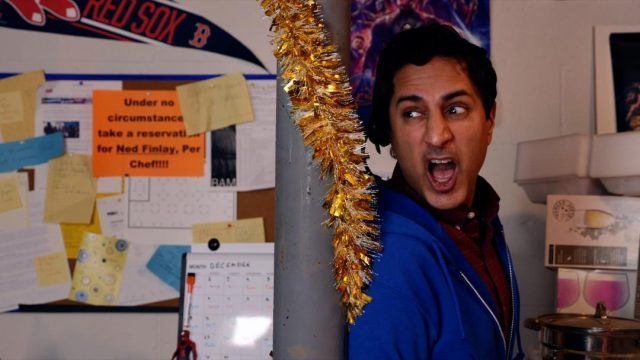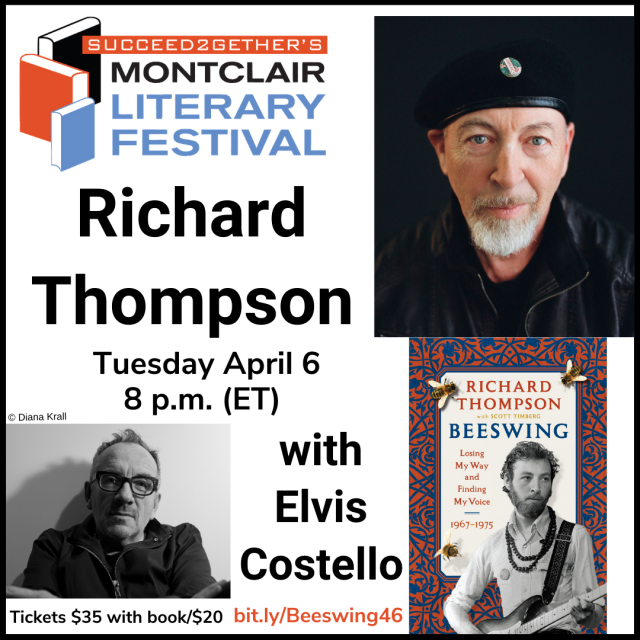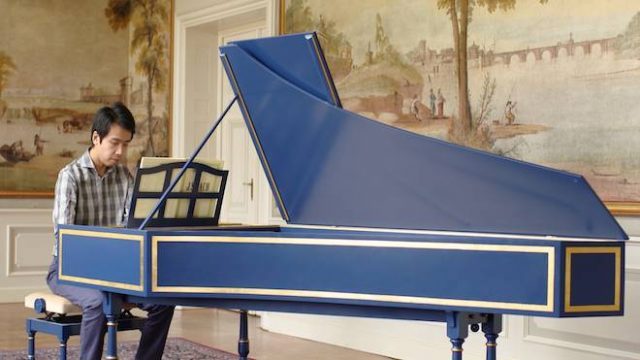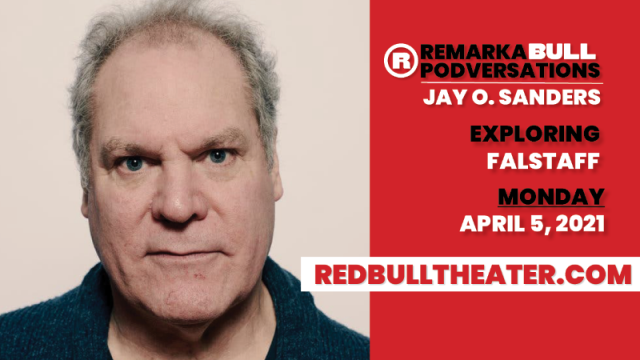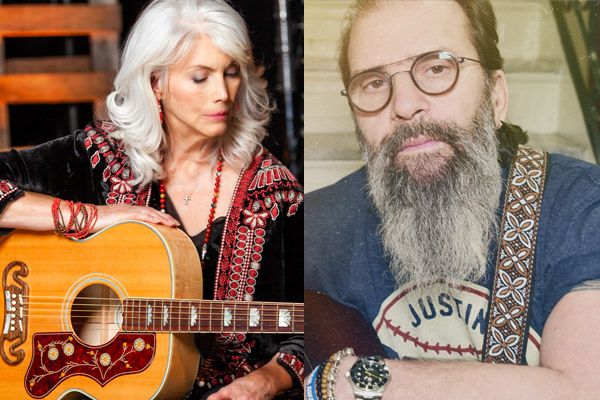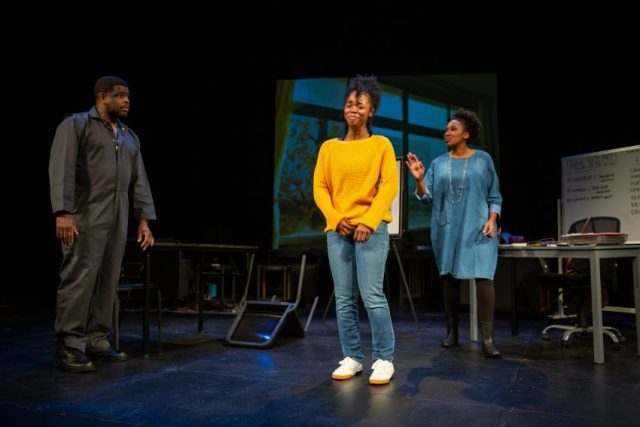
Kathryn Tkel, Randy Harrison, Scott Parkinson, and Alan Wade star in virtual adaptation of Mike Bartlett’s Cock (photo by Annabel Heacock)
Studio Theatre
Through April 18, $37-$65
www.studiotheatre.org
I’ve had several opportunities to see Mike Bartlett’s play Cock, which ran at the Duke on 42nd St. as well as a Spanish version at the Producers Club, but for one reason or another I passed. I’m sorry I did, now that I’ve seen Studio Theatre’s sizzling virtual adaptation, streaming through April 18.
Originally staged by James Mcdonald at the Royal Court Theatre in 2009,
Cock uniquely approaches questions of identity by exploring personal responsibility, love, and sexuality. John (Randy Harrison), a nice guy who lacks the inner strength to make important decisions, is living with M (Scott Parkinson), an acerbic, irritable stockbroker, but has surprisingly fallen for W (Kathryn Tkel), a sweet-natured young divorcee. While M endlessly belittles John, W appreciates him for exactly who he is, even if John’s not exactly sure what that is. When M and W meet, neither one is about to give up, ready to fight to be with John. John is soon put into a position where he must choose either M or W, so his longtime partner enlists the help of his father, F (Alan Wade), a working-class man who wants the two men to stay together.
Directed by David Muse (The Remains, The Effect), the play was filmed with three cameras in one day following Covid-19 protocols by video director Wes Culwell at Studio Theatre, on a large dirt-filled circle surrounded by a rope, evoking a wrestling ring where the four characters, barefoot, wearing everyday clothes, engage in conversation and do verbal battle. Scene changes are indicated by a dimming of the octagonal light fixture dangling above and a sharp sound, as if another round in a championship fight has concluded; the lighting is by Colin K. Bills, with sound by James Bigbee Garver. Bartlett was inspired to write the play after watching Mexican cockfights; the title refers to roosters, the male organ, and several other American and British usages, from moving a part of one’s body to getting a gun ready to fire to a slang term for a friend and nonsense.

Film director Wes Culwell, artistic director David Muse, and lighting designer Colin K. Bills collaborate during Cock rehearsal (photo by Annabel Heacock)
The actors remain at least six feet apart at nearly all times. There are no props, no costume changes; activities such as eating, drinking, and removing clothes are mimicked by the actors. Culwell often uses split screens, putting characters in their own vertical boxes, which can be confusing, since they are acting together onstage at that moment, not Zooming in from wherever they are sheltering in place. It takes us out of the rhythm of the play, which is otherwise brilliant. Early on, when John is telling M that their relationship might be ending, he tries to keep them physically apart. M reaches out, but John rebuffs him. “No. Don’t. Just stand over there,” John says, motioning for M to stay away. M walks a few feet back, then says, “An illustration, showing me the distance between us. . . . But you’re not showing me the distance. You’re creating it. You put me over here, put that thing there between us.”
Bartlett’s (Love, Love, Love; King Charles III) writing is sharp and intuitive, sexy and funny. The cast is uniformly excellent; Harrison (The Habit of Art, Cabaret), who earned a Helen Hayes nomination for his performance as John in Studio Theatre’s original 2014 production, displays a cautious, tender vulnerability as John. Parkinson (The 39 Steps, Our Town) is a bundle of energy as M, his body, head, and hands in near-constant motion, while Tkel (An Octoroon, Jefferson’s Garden) is alluring and affecting as the positive-thinking W, and Wade (Choir Boy, Scenes from an Execution) is stalwart as a father who just wants his son to be happy. John — the only character with a full name but the one who least understands himself — isn’t really deciding on whether he’s gay or straight; his conundrum could be about any one of us, faced with choices about who we are and who we want to be. “Him and me, we must both be stupid,” W tells John, who is not necessarily such a great catch, for a man or a woman. “What is it about you?” It’s a question we’ve all asked at one time or another, and Bartlett and Muse are not about to offer any easy answers.
